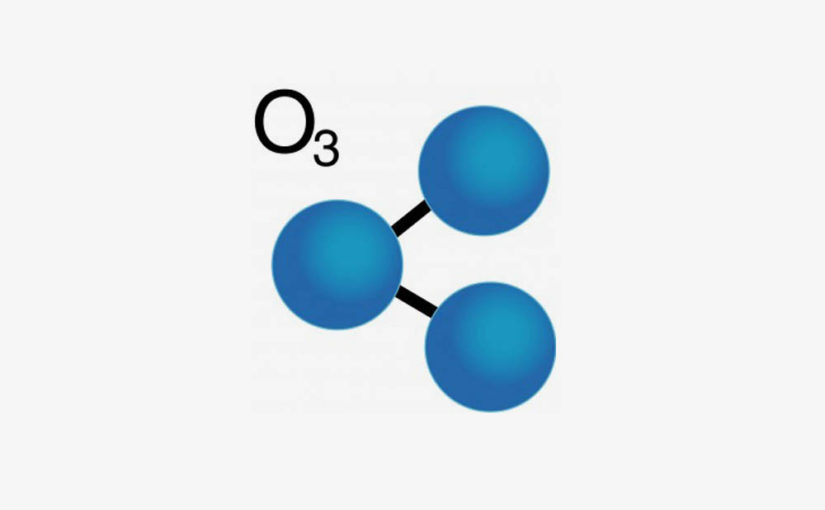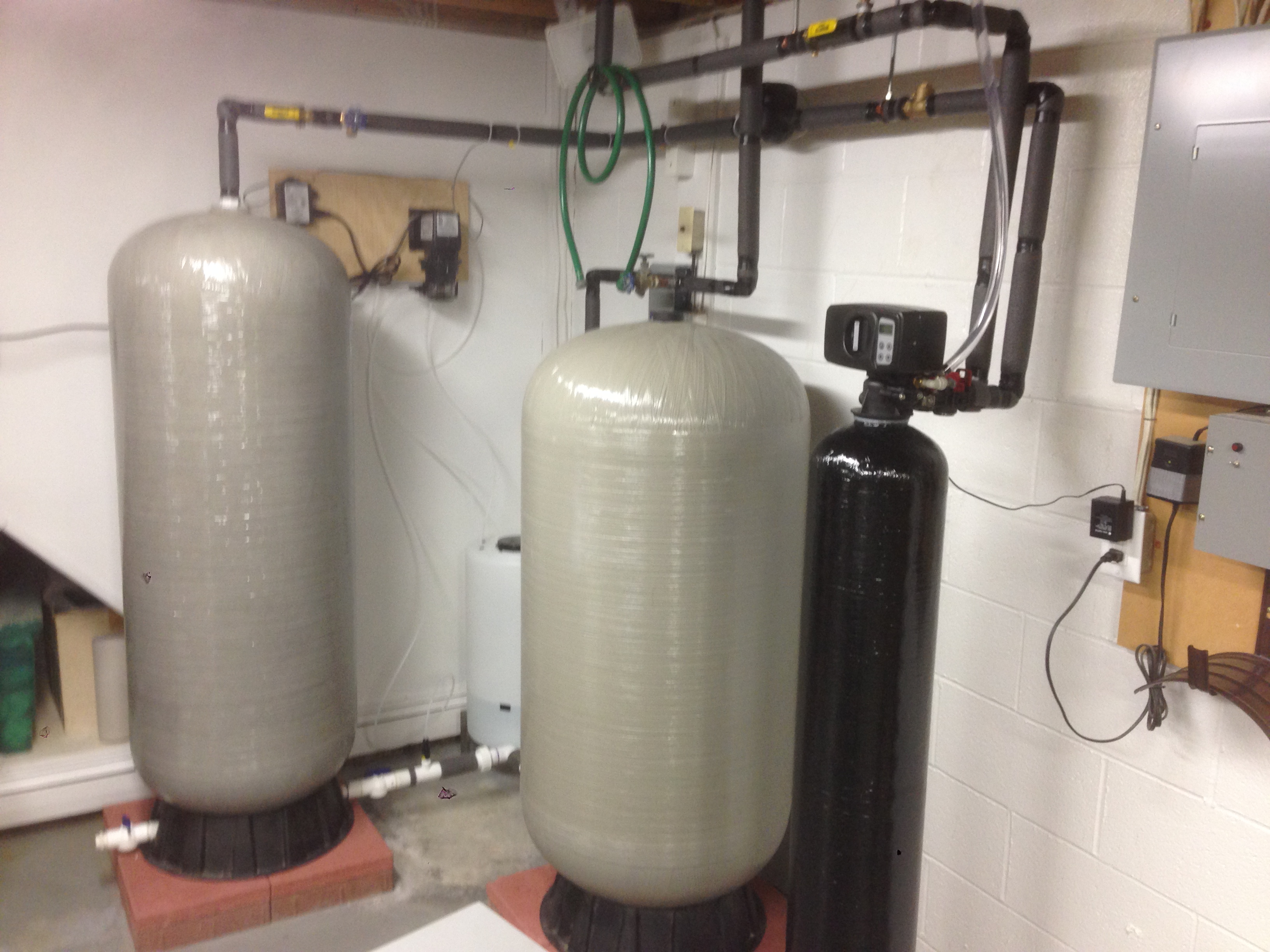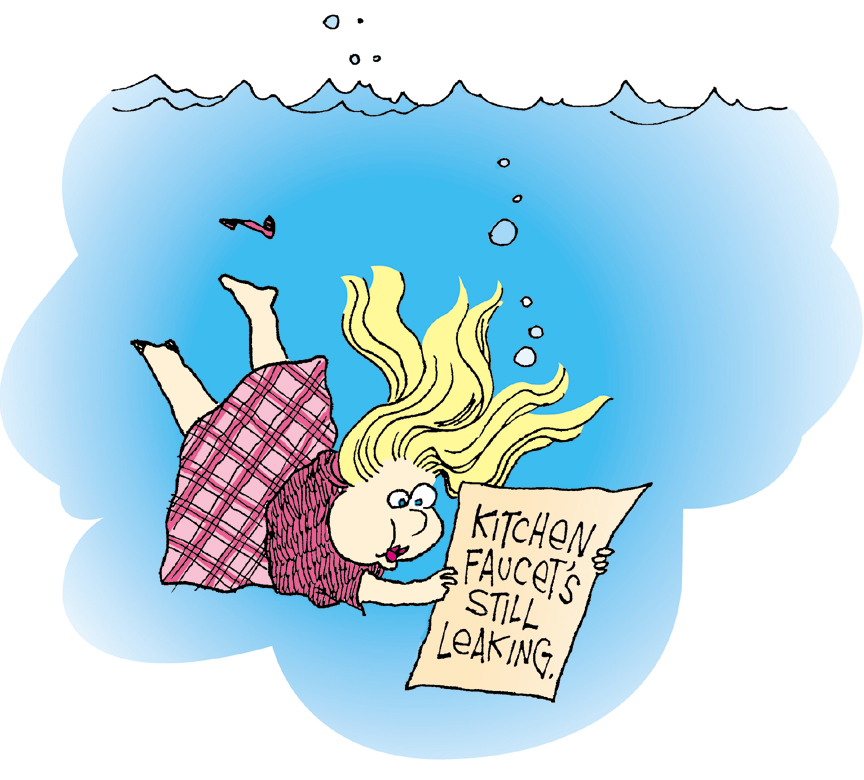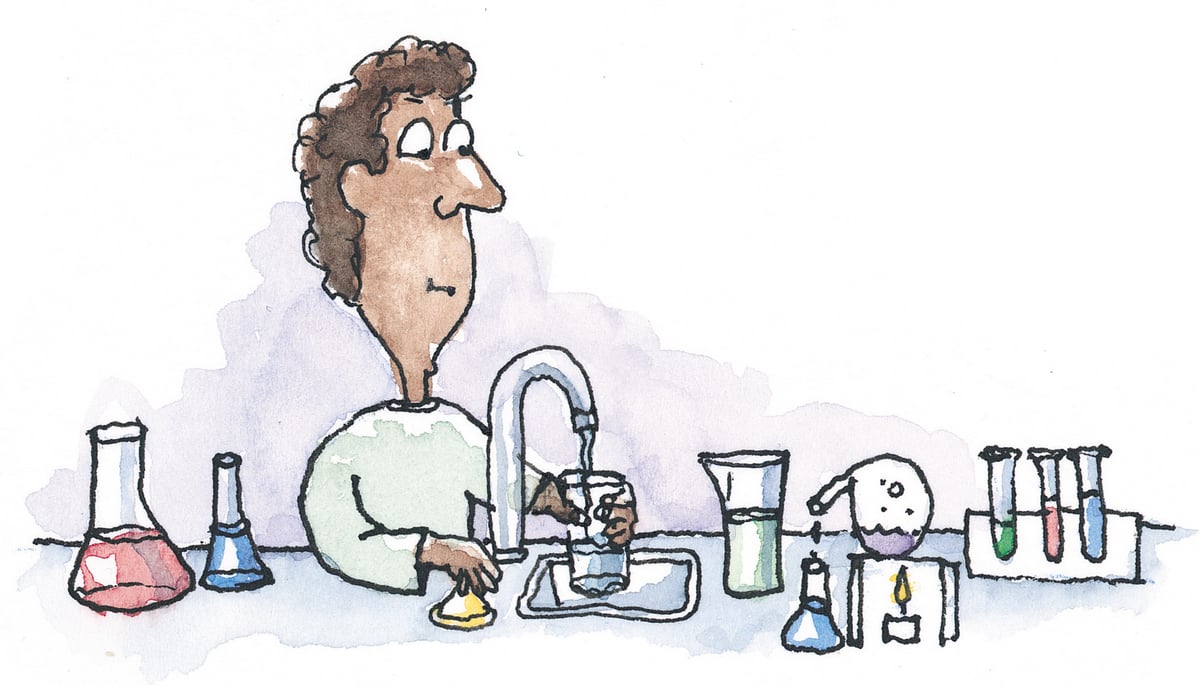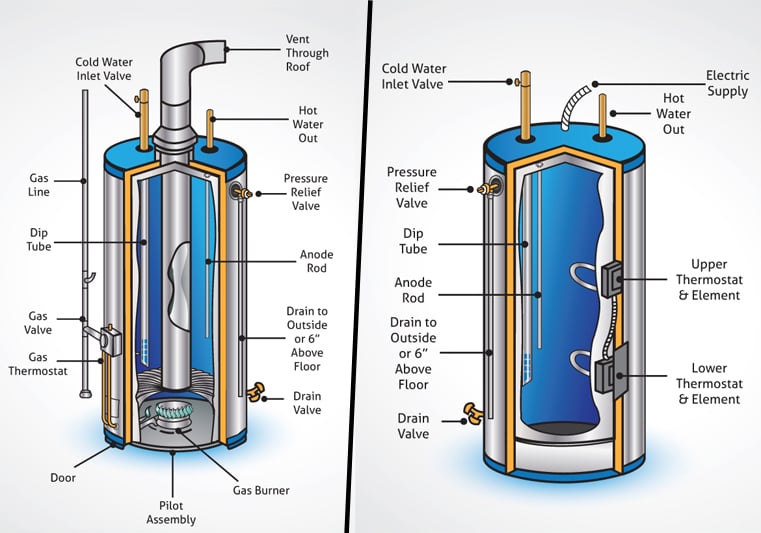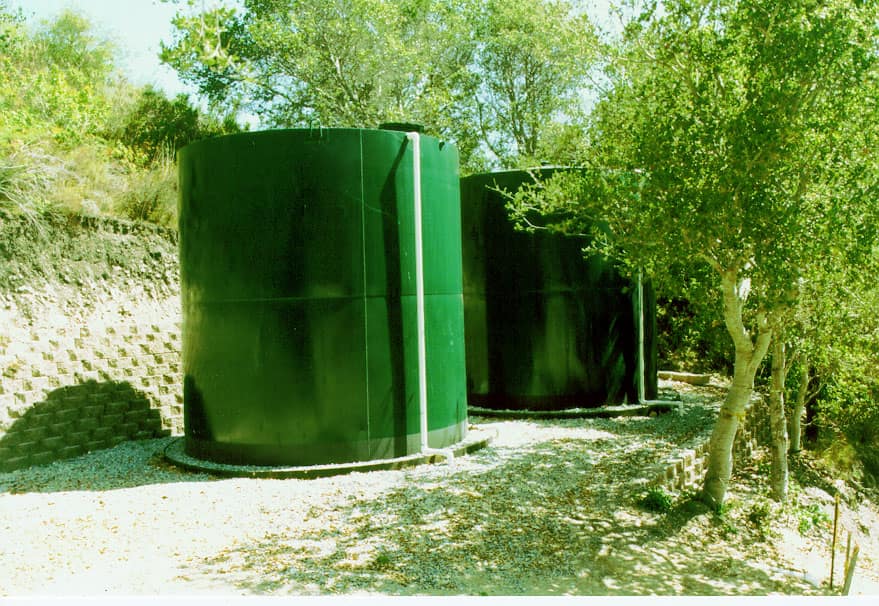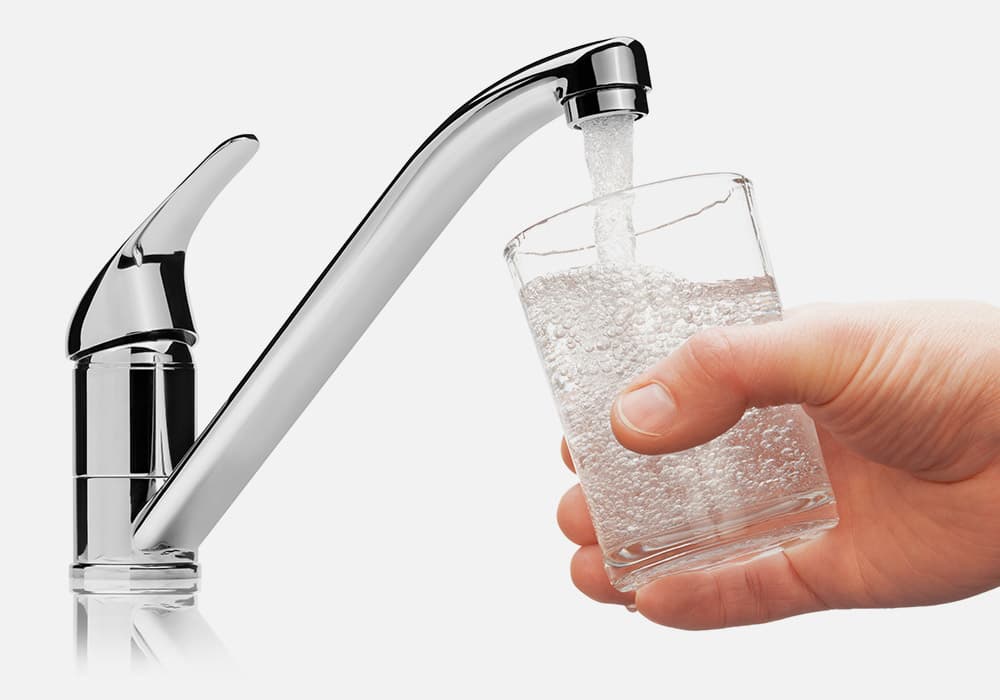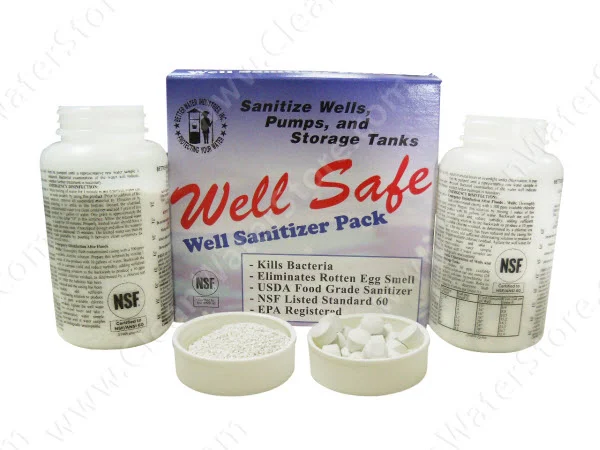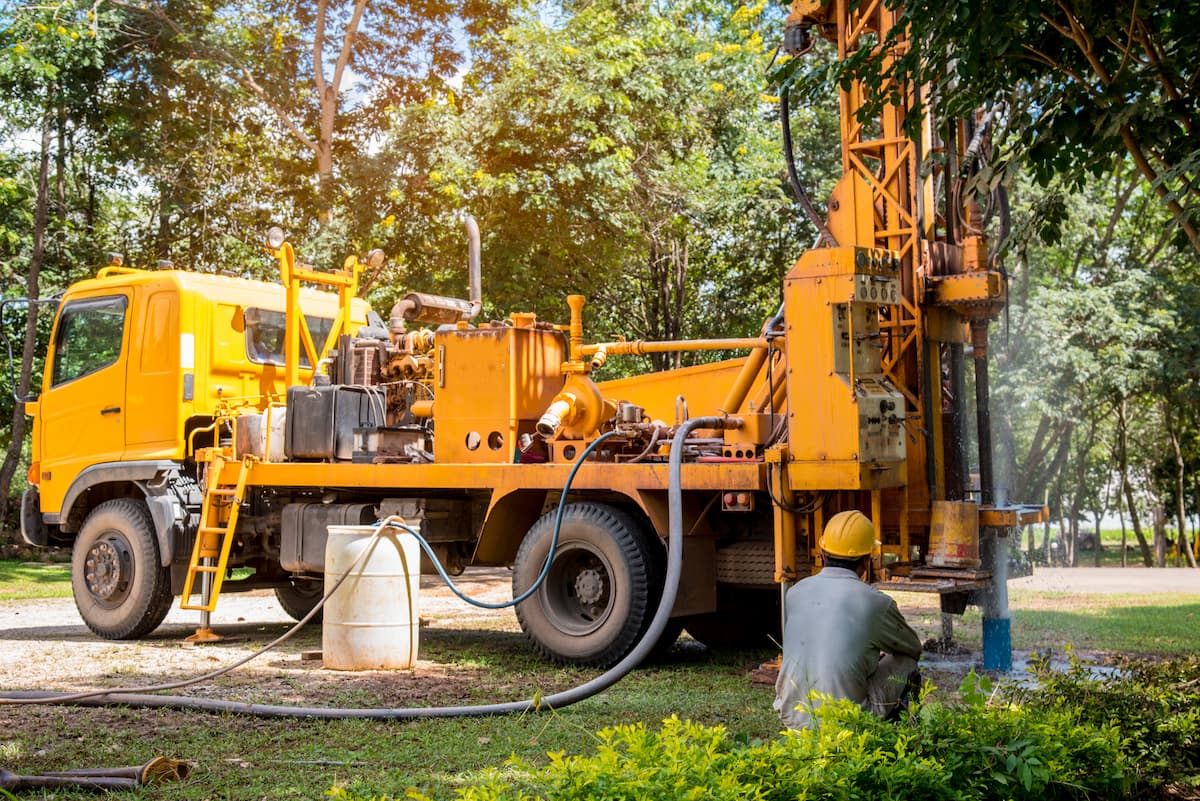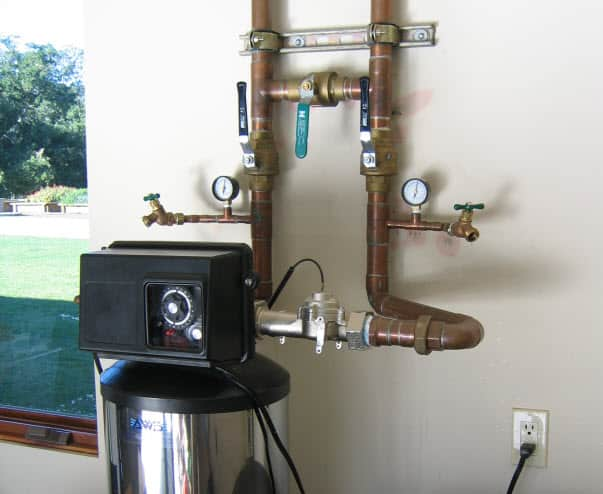Iron and Manganese The first step to learning how to remove iron, manganese, and odor from well water is to understand a little about where iron comes from, the types of iron found in well water, and the various methods for removing iron. Iron is one of the earth's most plentiful resources, making up … Continue reading How to Remove Iron, Manganese, and Odor From Well Water
Category: Odor
Never Do These 7 Things with Ozone
7 Things You Must NEVER do with Ozone if you have an ozone water system We are all familiar with the ozone layer, the protective layer covering the earth that protects us from the sun's harmful UV rays. A good reason it’s called the ‘ozone layer’ is because it contains high concentrations of ozone. What … Continue reading Never Do These 7 Things with Ozone
Point of Use Ozone and How to Use It
Ozonation is a process used for disinfecting water. It is a common water treatment method used to replace chlorination for a variety of different purposes.
I Appreciate You Being Readily Available and Able To Assist With My Questions
Hello Support Team, As you can see by the attached picture I have a fairly simple solution to my water problems although over the years we have had smelly water with deposits in the toilet bowls and slime growing in the tanks. The hydrogen peroxide system seems to be taking care of it. I have … Continue reading I Appreciate You Being Readily Available and Able To Assist With My Questions
Identifying Water Problems by Symptoms
When selecting a well water treatment system, knowing your water chemistry is the key to finding the right system. Your water chemistry can easily be determined by conducting simple water testing, using of of our test kits. Testing to Determine Water Chemistry, Depending on the Problem If you have never had your well water tested, … Continue reading Identifying Water Problems by Symptoms
Coliform Bacteria Testing: Why, How, and When
Testing for Coliform Bacteria in Well Water: Can I Do It at Home? A common question we hear is:“I’m mainly concerned with the safety of my well water. Can I test it myself for coliform bacteria?” The short answer is yes — but with a few important considerations. According to the USEPA, coliform bacteria are … Continue reading Coliform Bacteria Testing: Why, How, and When
Whole House Water Filter Systems for Chlorine and Chloramines, Part III
We will finish our series on Whole House Water Filter Systems for Chlorine and Chloramine Removal today with a look at one final chlorine removal method: the filter cartridge. Unlike the CX-MCA Aquasorb mentioned last Wednesday, regular carbon filter cartridges cannot remove chloramines. However, they will effectively filter chlorine and can be preferable if your … Continue reading Whole House Water Filter Systems for Chlorine and Chloramines, Part III
Whole House Water Filter Systems for Chlorine and Chloramines, Part I
Hello again, readers! This week we want to devote the Clean Well Water Report to discussing whole house chlorine and chloramine filtration systems. These systems are particularly useful if you are on city water, as chlorine has long been, and still is, the pre-eminent disinfection method used in municipal systems. There are three primary chlorine/chloramine … Continue reading Whole House Water Filter Systems for Chlorine and Chloramines, Part I
No Room for a Chlorinator? Use This Alternative Method to Eliminate Iron Bacteria
Iron Bacteria can easily enter your well during routine maintenance, especially after well drilling or pump service. These small organisms thrive in water with high iron content and can quickly multiply, creating issues in both residential and commercial water systems. They interact with iron and oxygen to form rust-like deposits that reduce water quality, clog … Continue reading No Room for a Chlorinator? Use This Alternative Method to Eliminate Iron Bacteria
Easily Eliminate Water Heater Odors with This Inexpensive Setup
Easily Eliminate Water Heater Smell with This Inexpensive Setup If your city water has a foul odor, the source may be your water heater—especially if it contains an anode rod that encourages the growth of iron and sulfur bacteria. These bacteria produce hydrogen sulfide gas, which causes that distinctive rotten egg smell. Why Water Heaters … Continue reading Easily Eliminate Water Heater Odors with This Inexpensive Setup



